Medewerkers met het vakgebied Informatica, Kunstmatige Intelligentie
Wetenschap ontwikkelt zich waar verschillende vakgebieden samenkomen. Alleen al daarom bestaat er binnen de RUG een grote verscheidenheid aan vakgebieden, met daarbinnen een groot aantal vakspecialisten. Met behulp van onderstaand overzicht, gebaseerd op een vaststaande indeling van wetenschapsgebieden, vindt u op elk vakgebied de juiste deskundige. Komt de deskundige die u zoekt niet voor in deze lijst? Via een vergelijkbaar vakgebied of een gerelateerde faculteit vindt u mogelijk alsnog de juiste persoon.
Overzicht van alle vakgebieden
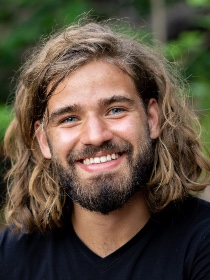
Contact
s.abreu rug.nl
Functie
Natural Language Processing, Computational Argumentation, Discourse Analysis, and Information Extraction.
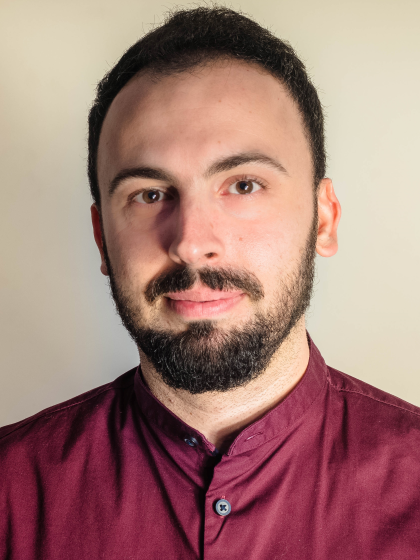
Contact
Functie
While I am deeply passionate about teaching and creating engaging lab-based experiences that inspire students to connect theory with real-world applications, I actively explore the dynamics of mechanical/electromechanical systems through advanced... lees meer
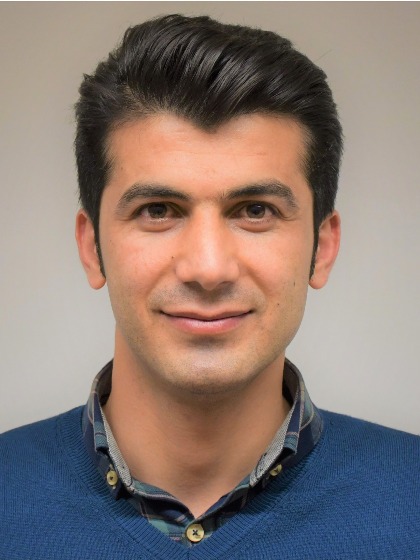
Contact
Functie
Research & Education Assistant
Pattern recognition, Image processing, Machine/Deep learning, Data mining, Predictive analysis
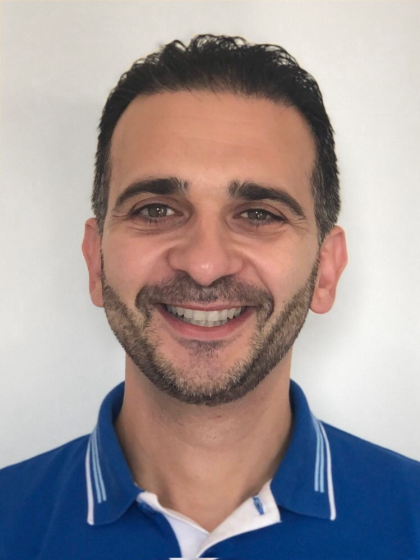
Contact
g.azzopardi rug.nl
Functie
Associate (Adjunct) Professor
Computer Vision, Image analysis: Mathematical morphology, Connected filters, Segmentation, Machine Learning.

Contact
Functie
Scientific Programmer, Data Engineer/Scientist
Image Processing, Machine Learning & Deep Learning
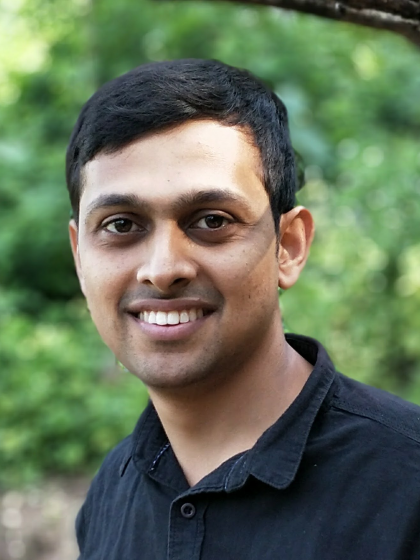
Contact
g.s.bennabhaktula rug.nl
Functie
Postdoctoraal onderzoeker
Vakgebied
Biomedical AI specialist, Biostatistician, Bioinformatician
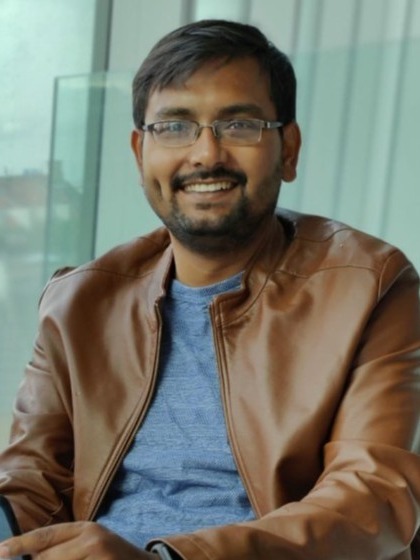
Contact
a.bhattacharya umcg.nl
Functie
Senior researcher, Translational Bioinformatics team, Department of Medical Oncology
Computer Science, Machine Learning, Artificial Intelligence, Scientific Computing, Computational Science, Neural Networks, Prototype-based systems, adaptive distance measures
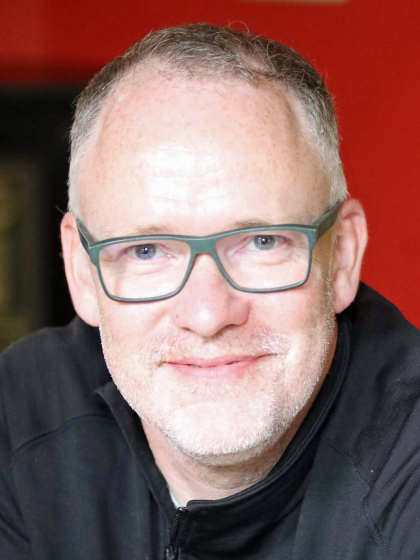
Contact
Functie
Hoogleraar Machinaal leren, theorie en toepassingen
Natural Language Processing/Computational Linguistics, Neural Model Interpretability, Machine Translation, Morphology *** For more details, see link to my Homepage below ***
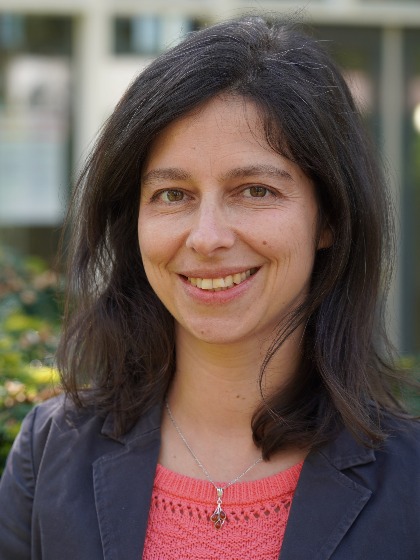
Contact
Functie
Universitair Hoofddocent

Computational Semantics, Computational Humanities, Conversational Interfaces

Contact
Functie
Hoogleraar Computationele Semantiek
Kunstmatige intelligentie, radiotherapie
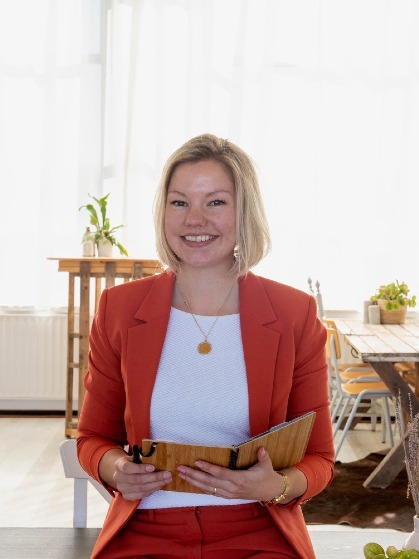
Contact
i.g.van.bruggen umcg.nl
Functie
Technisch Geneeskundige - PhD kandidaat
Machine Learning, Artificial Intelligence, XAI, Interpretable Models, Interdisciplinary applications
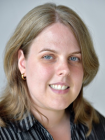
Contact
Functie
Professor of Machine Learning for interdisciplinary data analysis
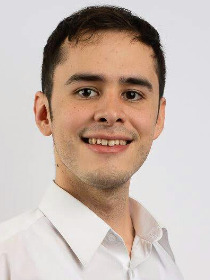
Contact
j.d.cardenas.cartagena rug.nl
Functie
Docenten AI
event extaction; opinion minig, sentiment analysis, perspective extraction; abusive language; storyline & causal relation extration
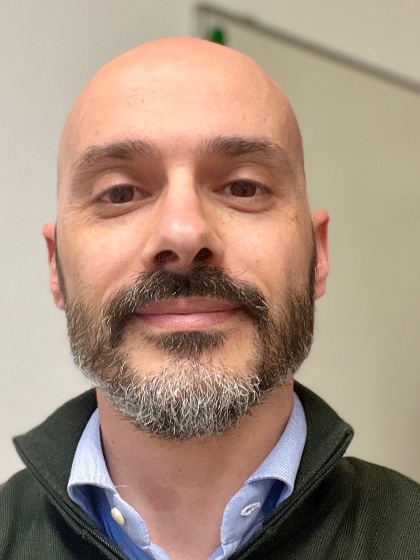
Contact
Functie
Universitair docent
My team is advancing a novel paradigm in physically interpretable data-driven and machine learning techniques for Structural Health Monitoring (SHM) and Non-Destructive Testing (NDT) applications. Our research encompasses areas including vibration... read more
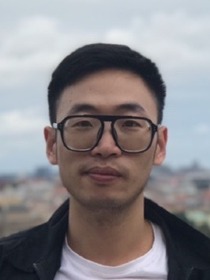
Contact
Functie
Assistant Professor
Galaxy structure, evolution and formation
Lyman alpha forest and gas around galaxies
Dwarf galaxies and metal-poor environments
Machine Learning/Artificial Intelligence
Lyman alpha forest and gas around galaxies
Dwarf galaxies and metal-poor environments
Machine Learning/Artificial Intelligence

Contact
t.cheng rug.nl
Functie
Assistant Professor
Cognitieve Psychologie toepast op:
Patientveiligheid; Mens-Machine Interactie (m.n. medische technologie); Leren van (Medische) Vaardigheden; Mens-Robot Interactie; Rijgedrag
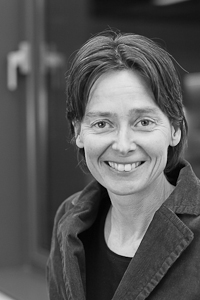
Contact
Functie
UHD Human-Centred AI and Cognitive Engineering
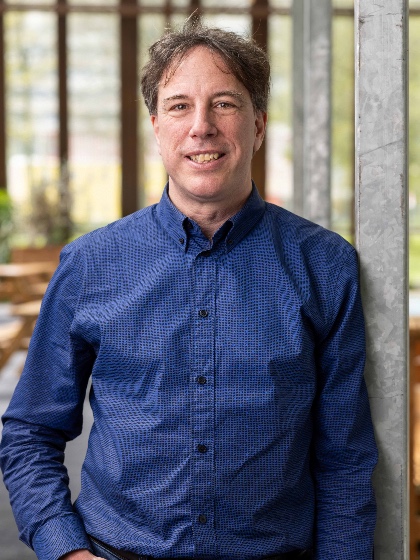
Contact
Functie
Hoogleraar
Vakgebied
Computational Linguistics, Computational Literary Studies, Computational Humanities
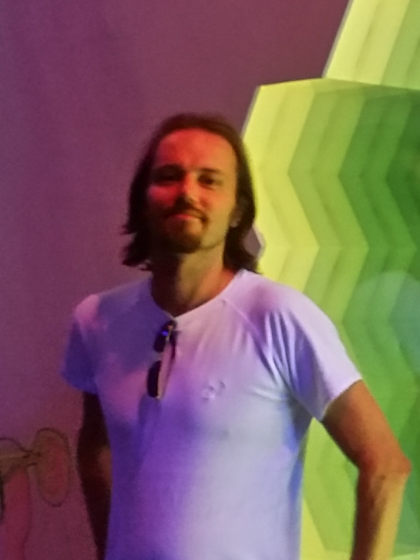
Contact
Functie
Assistant professor Digital Humanities and Information Sciences
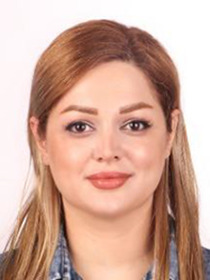
Contact
Functie
PhD student
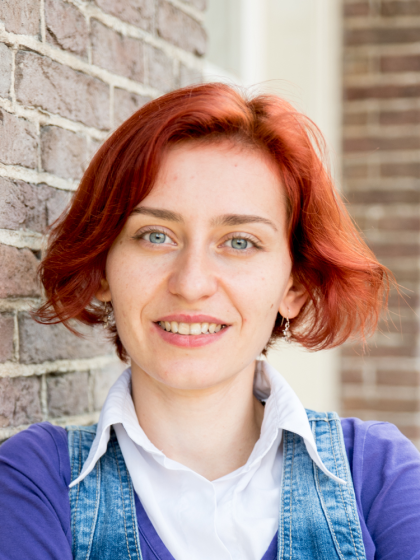
Contact
v.degeler rug.nl
Functie
Assistant Professor
Machine Learning, Patroonherkenning, Computer Vision, Beeldverwerking, Statistische Beeldanalyse, Probabilistische Robotica, Documentanalyse, Handschriftherkenning, Deep Learning.
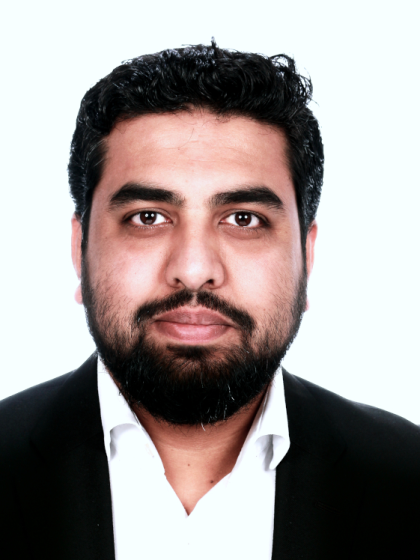
Contact
m.a.dhali rug.nl
Functie
Universitair docent Kunstmatige Intelligentie
Machine Learning, Reinforcement Learning, Game Theory

Contact
Functie
Hoogleraar Machine Learning
Vakgebied
Radiotherapy; head and neck cancer; Radiomics; Deep learning; proton therapy; NTCP modelling; multi-modality imaging; lung cancer

Contact
l.v.van.dijk umcg.nl
Functie
Assistant Professor
Voice/Speech Technology, esp. for low-resource languages
Phonetics and Phonology
Phonetics and Phonology
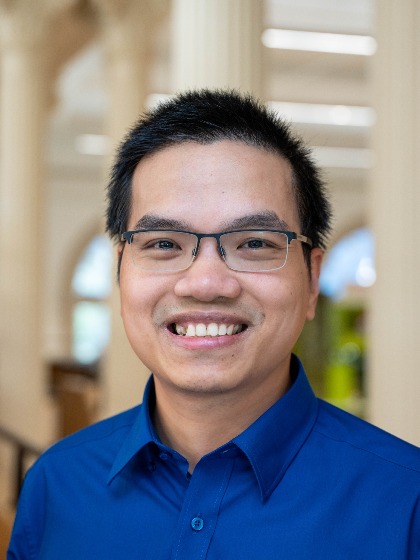
Contact
t.p.do rug.nl
Functie
Assistant Professor

Contact
k.b.drake rug.nl
Functie
PhD Kandidaat
I am an Associate Professor with Education Profile. My current research is focused on distributed decision making for smart environments, cyber-physical systems and digital twins, and pervasive computing for ambient intelligence, with a particular... read more

Contact
Functie
Industriële/ondernemingsinformatiesystemen
Internet of Things en cyberfysieke systemen
Machine Learning / AI / Gekoppelde data en kennis / Human in the Loop
Producten, levenscyclus van bedrijfsmiddelen en onderhoudsbeheer
Internet of Things en cyberfysieke systemen
Machine Learning / AI / Gekoppelde data en kennis / Human in the Loop
Producten, levenscyclus van bedrijfsmiddelen en onderhoudsbeheer
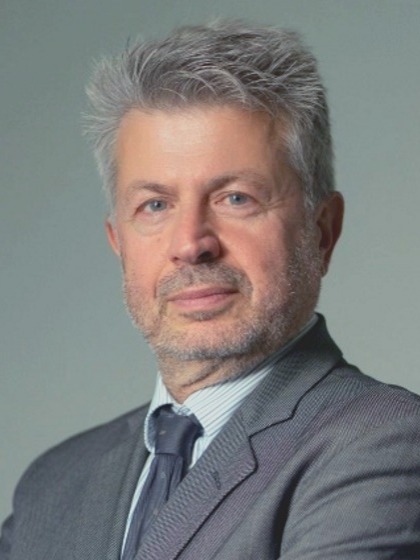
Contact
Functie
Universitair hoofddocent bij Ius Promovendi
My research lies at the intersection of neuroscience and artificial intelligence and focuses on learning and memory in neural networks. In particular, I seek to uncover what are the microcircuit dynamics of excitatory and inhibitory neurons involved in... read more
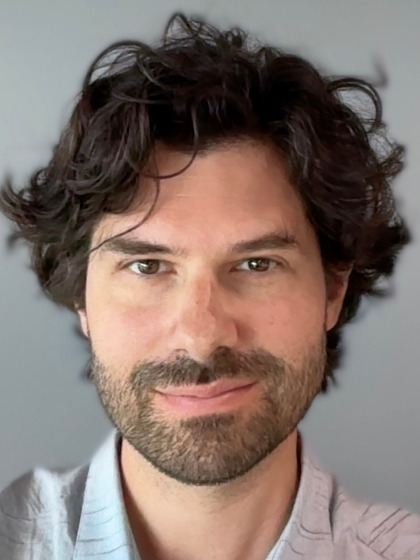
Contact
g.etter rug.nl
Functie
Onderzoeker
Neuromorphic Engineering, Artifical Intelligence, Neuroinformatics, High-level Circuit Design,
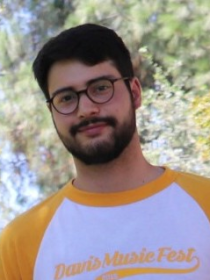
Contact
m.p.y.fabre rug.nl
Functie
PhD student
Reinforcement Learning
Multiagent systems
Control theory
Multiagent systems
Control theory
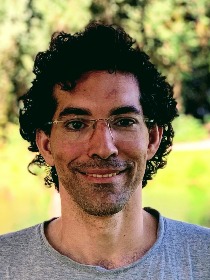
Contact
r.f.cunha rug.nl
Functie
Lecturer in AI | PhD Candidate
Vakgebied
My research focuses on pragmatic language understanding in Human Machine Interaction, with an emphasis on how multimodal cues (e.g., textual, audio, and visual) can be utilized to unreveal meaning beyond literal content. Sarcasm serves as a central case... lees meer

Contact
xiyuan.gao rug.nl
Functie
PhD student
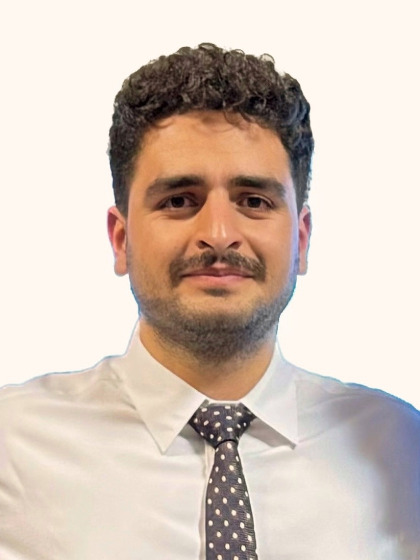
Contact
n.kohyani rug.nl
Functie
Phd Student
PhD titled "Integrating Knowledge Graphs and LLMs in Agentic AI"
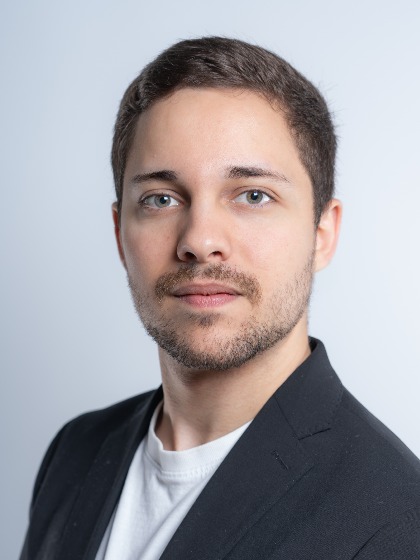
Contact
g.gil.de.avalle rug.nl
Functie
Promovendus
Rolando Gonzales Martinez is a researcher at Oxford University and a Marie Skłodowska-Curie Postdoctoral Fellow at the Faculty of Spatial Sciences in the University of Groningen, where he applies machine learning and deep learning to survey data combined... read more

Contact
Functie
Marie Skłodowska-Curie Postdoctoral Fellow

Contact
Functie
Educatie Assistent Robotica
Multi-Agent Systems, Computational Social Choice, Computational Game Theory, Democratic innovations, Computational Argumentation, Logic.
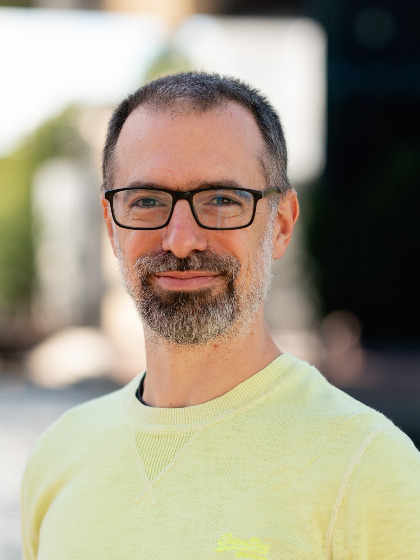
Contact
Functie
Adjunct hoogleraar
Vakgebied
Machine learning, Pattern recognition, Medical image analysis
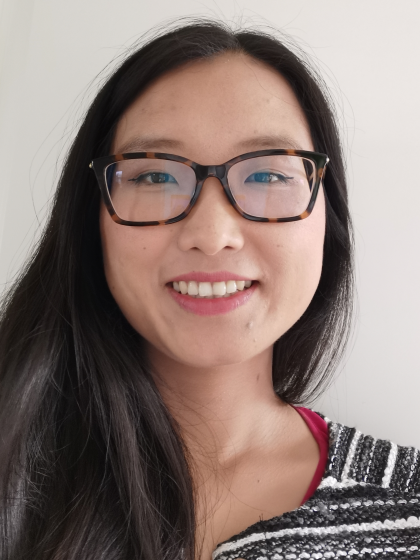
Contact
Functie
Tenure Track Assistant Professor with education profile
Distributed System, Cloud Computing, Data Science, Machine Learning
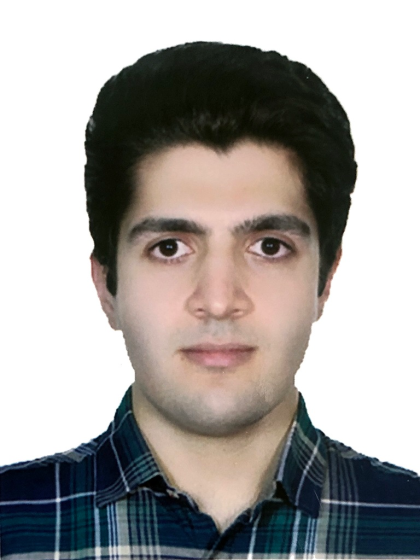
Contact
m.hadadian rug.nl
Functie
PhD Student
Lucas is als promovendus verbonden aan de afdeling Staatsrecht, Bestuursrecht & Bestuurskunde. Hij is afgestudeerd in Internationaal en Europees recht en heeft twee masteropleidingen afgerond, beide Cum Laude, in Internationaal Strafrecht en Juridische... lees meer
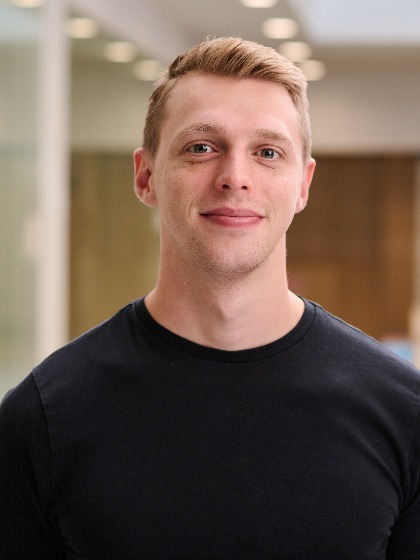
Contact
l.m.haitsma rug.nl
Functie
PhD Candidate Algorithms and Discrimination in Supervision and Enforcement
Data Science, Machine learning, Computer Vision, Image Processing, Materials Science & Engineering

Contact
n.haleem rug.nl
Functie
Assistant Professor, Data Science & Society
Logic and semantics of computation, in particular, modal logic, coalgebra, and algebra, and their applications in the formal specification and analysis of software systems.
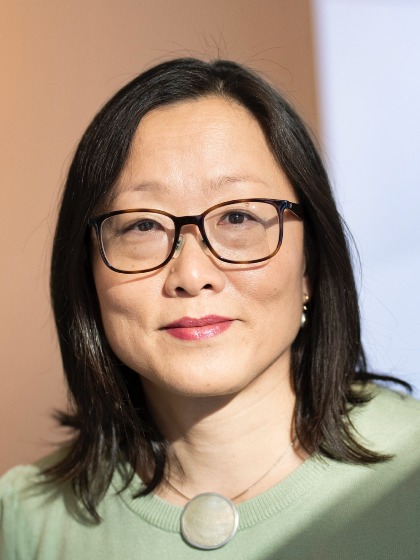
Contact
Functie
Adjuncthoogleraar in Logic and Semantics of Computation
Chinese populism, discourse polarization, political communication
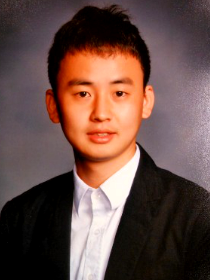
Contact
k.he rug.nl
Functie
Taalkunde, semantiek, pragmatiek, taalverwerving, cognitiewetenschap, taal en autisme
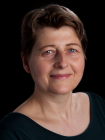
Contact
Functie
Hoogleraar Semantiek en Cognitie
machine learning, wiskundige modellering van dynamische systemen, neuromorphic computing, reservoir computing
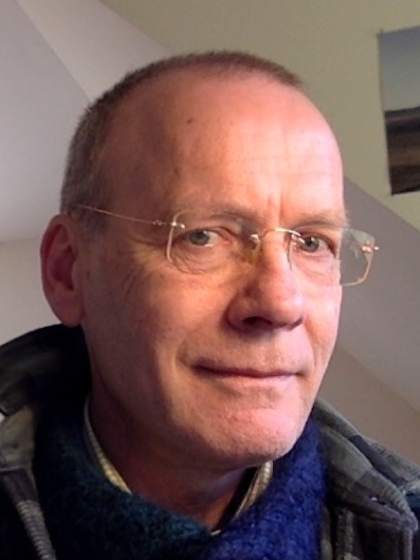
Contact
h.jaeger rug.nl
Functie
Hoogleraar
Marketing, agent based simulation
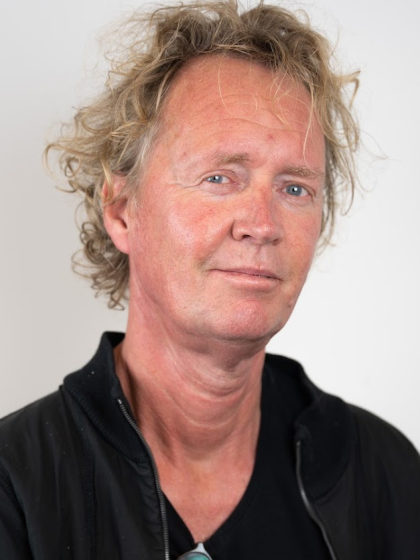
Contact
Functie
Universitair Hoofddocent
Molecular genetics, (meta-)genomics, (meta-)transcriptomics, microbiology, DNA-seq, RNA-seq, bacteriocins, lantibiotics, anti-microbial peptides, gene expressions and regulation, Bioinformatics, Statistics, R, Perl, Python, JavaScript, PHP, Linux... lees meer
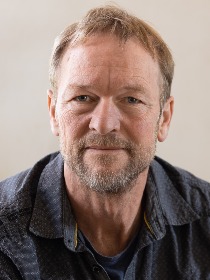
Contact
Functie
Bioinformaticus / Docent
Machine Learning, Uncertainty Quantification, Brain Computer Interfaces, EEG
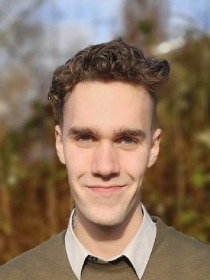
Contact
Functie
Docent / Promovendus
Vakgebied
Interactieve geografische kaartapplicaties
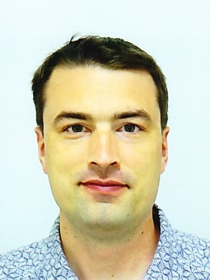
Contact
Functie
Ontwikkelaar ICT
Wetenschapplijke Visualisatie; Geo-Visualisatie; Visuële Berekeningen; Wetenschapplijke Berekeningen; Berekende Aardwetenschappen; Visueel- en Interactie Ontwerptheorie
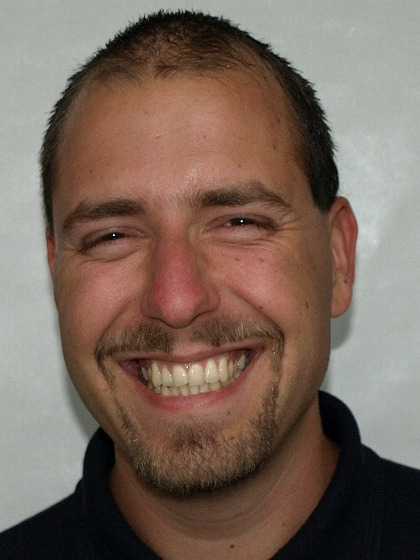
Contact
Functie
Universitair Docent (Tenure Track)

Contact
s.c.e.klein.nagelvoort umcg.nl
Functie
Logica en Argumentatietheorie
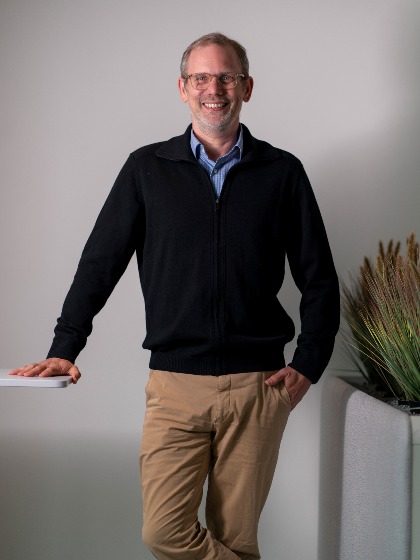
Contact
b.p.kooi rug.nl
Functie
Universitair hoofddocent
Language Acquisition/Development
Cognitive Modelling
Cognitive Modelling
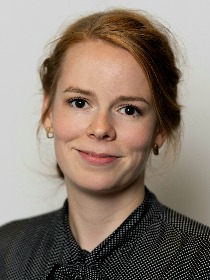
Contact
Functie
Studieadviseur Natuurkunde en Technische Natuurkunde
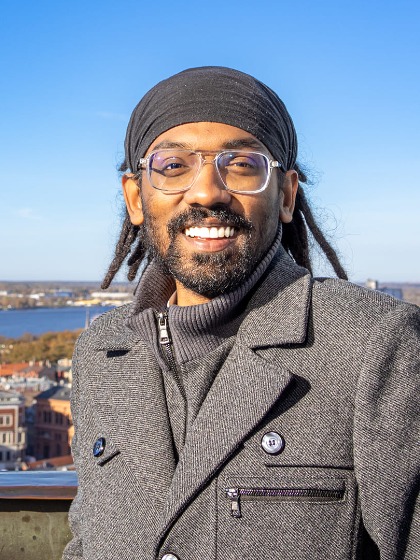
Contact
kolitha.kottagaha rug.nl
Functie

Contact
a.koukas rug.nl
Functie
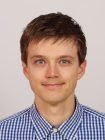
Contact
Functie
Wetenschappelijk programmeur
Vakgebied
Visual generative media, multimodality, media semiotics, digital communication
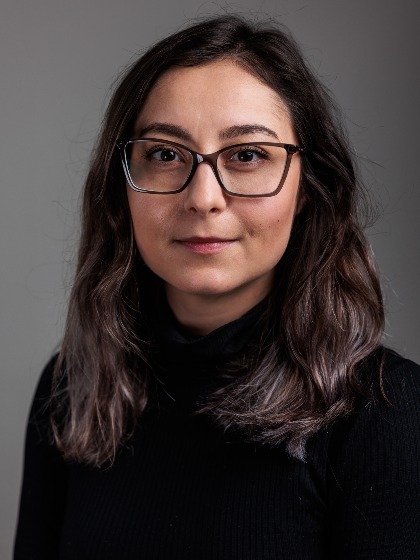
Contact
Functie
Assistant professor in digital and multimodal communication / humane AI
Huiyuan Lai is a postdoctoral researcher supported by the SectorPlan in the Humanities 'Humane AI' funding from the Dutch Ministry, working at the Computational Linguistics group at CLCG. His research interests lie in the broad field of natural language... read more
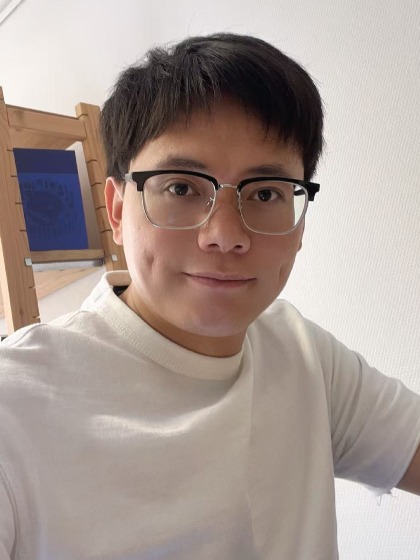
Deep Learning, Comuper Vision, Image Analysis, and AI4S

Mobile robotic systems, embodied AI, full-stack autonomy. See our webpage:
asig-x.github.io
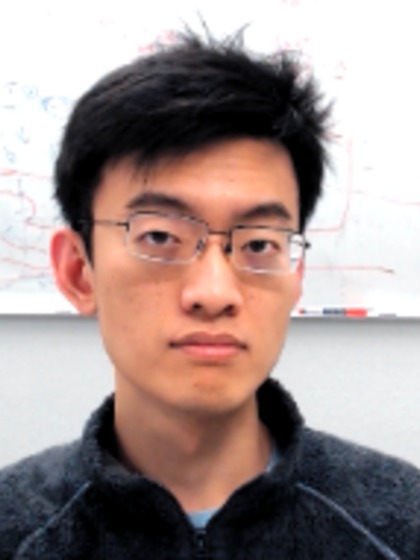
Contact
Functie
Tenured Assistant Professor
My research project focus on expressive TTS in low-resource scenarios. Specifically, my current focus is on sarcastic speech synthesis.
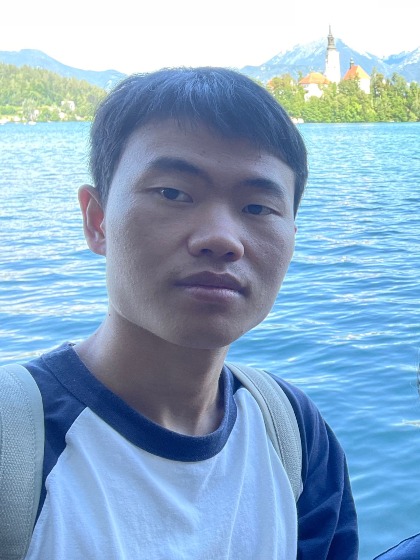
Bayesian statistics
Statistical genetics
Functional Genomics
Machine Learning
Evolutionary biology
Statistical genetics
Functional Genomics
Machine Learning
Evolutionary biology
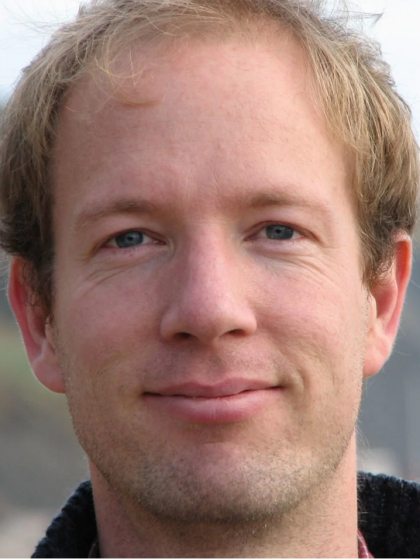
Contact
g.a.lunter umcg.nl
Functie
Prof. Medische Statistiek
Artificial Intelligence in Education, Grote taalmodellen, Gene-editing

Contact
k.y.ma rug.nl
Functie
Universitair Docent
Computational Linguistics, Machine Learning, Natural Language Processing
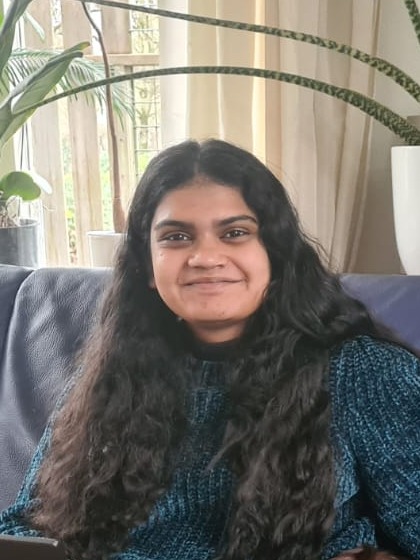
Contact
r.u.mahadeshwar rug.nl
Functie
PhD Student
Paleoecologie / Paleoklimaatologie
Klimaat wetenschap
Kunstmatige Intelligentie
Klimaat wetenschap
Kunstmatige Intelligentie
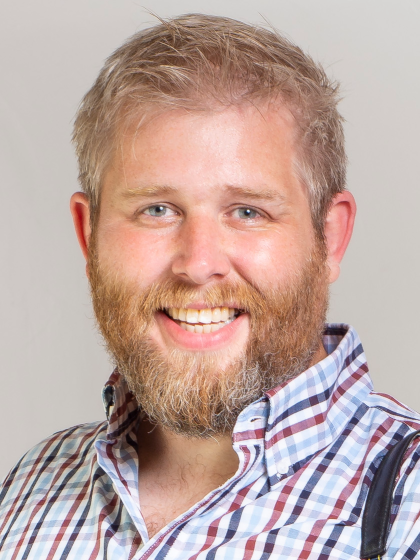
Contact
Functie
Assistant Professor in Physical Geography
Data Science, Artificial Intelligence, Financial Analysts, Corporate Disclosures, Information Intermediaries
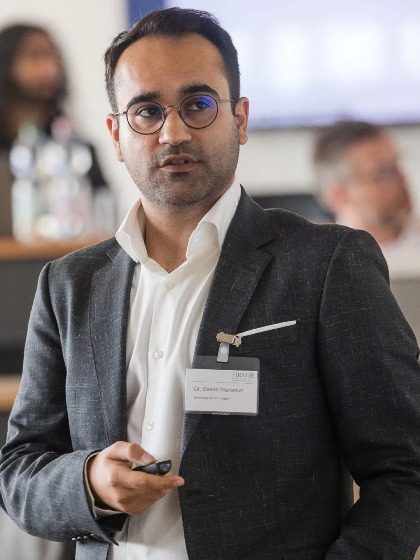
Contact
Functie
Assistant Professor
Leadership, innovation, innovation networks.

Contact
Functie
Universitair docent
Cognitive modeling, computational modeling, language acquisition, bilingualism, speech perception
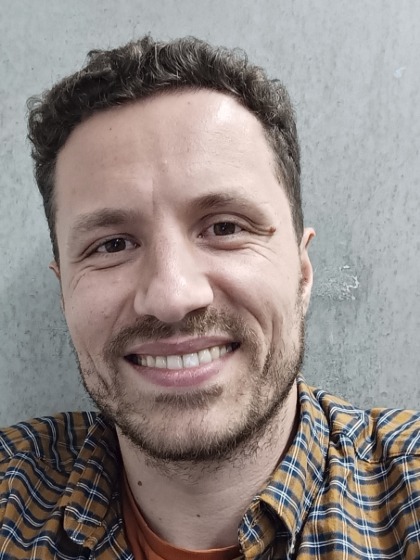
Contact
yevgen.matusevych rug.nl
Functie
Assistant Professor, Humane AI
Main interests: Parallel Computing, Programming, Signal Processing, Algorithm Design
Lecturer of several courses: Imperative Programming, Functional Programming, Signals and systems, Compiler Construction, Discrete Structures, Operating Systems, ... lees meer
Lecturer of several courses: Imperative Programming, Functional Programming, Signals and systems, Compiler Construction, Discrete Structures, Operating Systems, ... lees meer
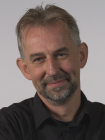
Contact
Functie
Senior lecturer
Multi-agent Systems, Theory of Mind, Common Ground

Contact
Functie
PhD (Guest)
Vakgebied
Computer Vision, Deep Learning, Few-shot Learning
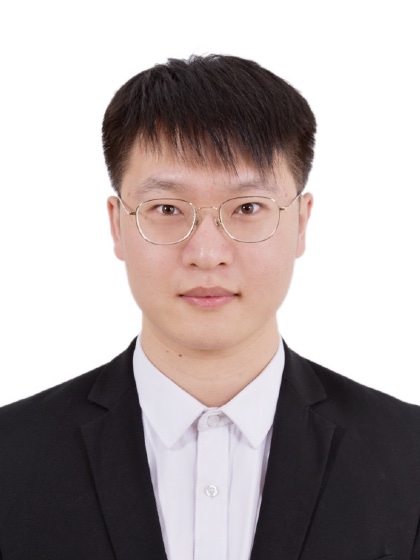
Contact
Functie
PhD student
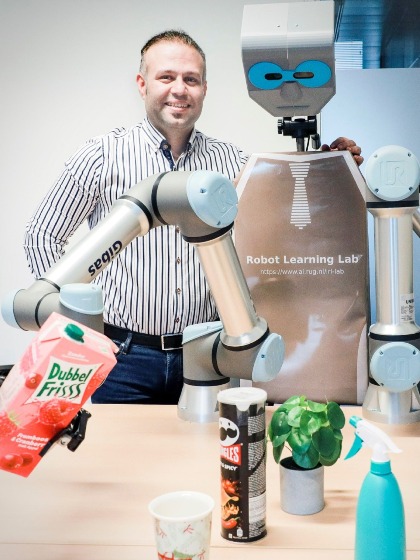
Contact
Functie
Assistant Professor
Artificial Intelligence
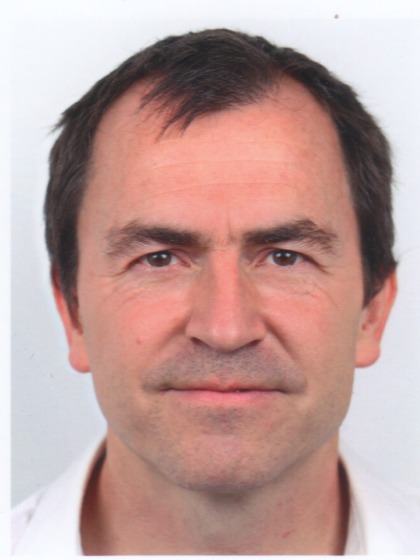
Contact
v.nannen rug.nl
Functie
Docent in Kunstmatige Intelligentie, Lineaire Algebra en Gevorderd Programmeren
Kunstmatige Intelligentie, Biofysica

Contact
Functie
UHD
AI in medische beeldvorming en gezondheid

Contact
w.j.niessen umcg.nl
Functie
Decaan Faculteit Medische Wetenschappen en Lid Raad van Bestuur UMCG
Taaltechnologie
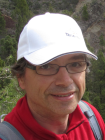
Contact
Functie
Hoogleraar
Natural Language Processing
Large Language Models
AI in Education
Large Language Models
AI in Education
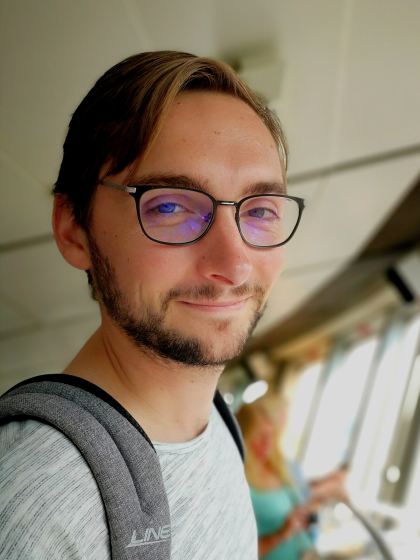
Contact
Functie
Assistant Professor

Contact
w.a.noortman umcg.nl
Functie
Technisch geneeskundige, postdoctoraal onderzoeker

AI in Radiotherapie, Medische Informatica, Geavanceerde medische visualizatie, PACS, Medische Informatie Systemen
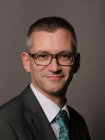
Contact
Functie
Wetenschappelijk Onderzoeker / Hoogleraar
Time Series, Machine Learning, Forecasting, Data Visualization
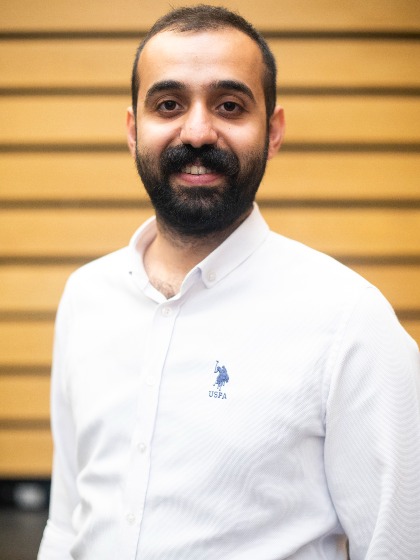
Contact
Functie
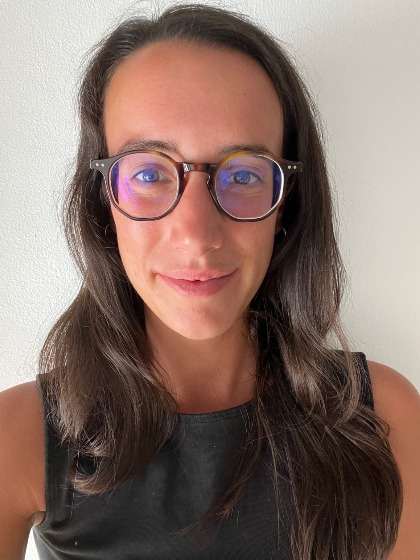
Contact
f.padovani rug.nl
Functie
AI in Software Engineering, Software Testing, Autonomous system
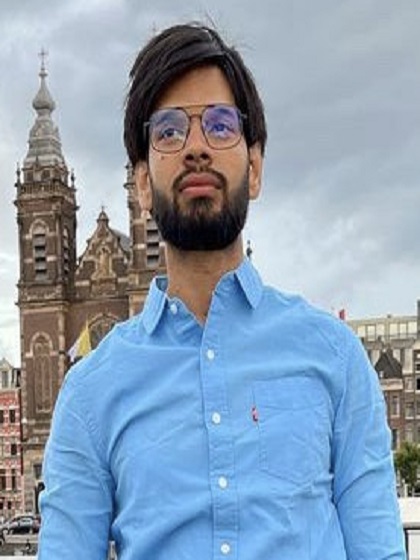
Contact
s.k.pandey rug.nl
Functie
assistent-professor
Informatie Management (BiSL/ITIL) van applicaties, software as a service, infrastructuur as a service, cloud en AI in de domeinen Onderzoek, Onderwijs en opleidingen. Onderzoeker en docent in Transfusiegeneeskunde. Onderzoeksinformatie-systemen,... lees meer
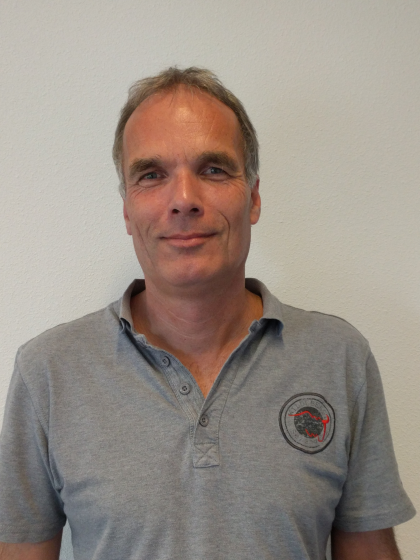
Contact
Functie
Manager informatiedomein Onderzoek, Onderwijs en Opleidingen, afd. IM-MIT, UMCG
Homogeneous Catalysis, Reaction Mechanisms, Molecular Interactions, Machine Learning
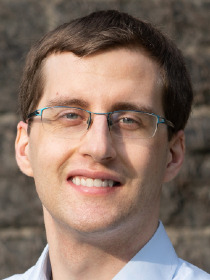
Contact
r.pollice rug.nl
Functie
Assistant Professor voor Computer-Ondersteunde Organische Synthese
Neuromorfisch computergebruik, Machine Learning
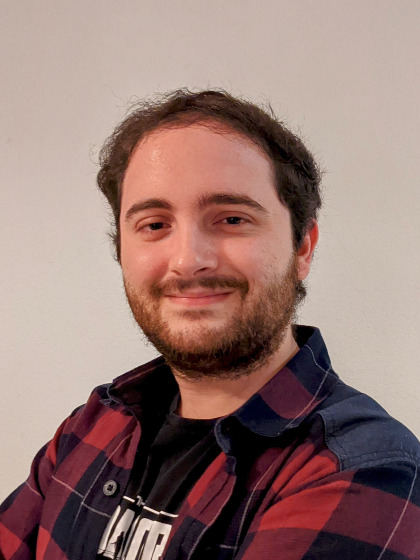
Contact
f.m.quintana.velazquez rug.nl
Functie
Postdoc
Vakgebied
My main focus is applying Artificial Intelligence and computational methods on medical problems. Specifically, I work on (f)MR images and eye-movement signals.
For more info please visit www.nejad.info
For more info please visit www.nejad.info
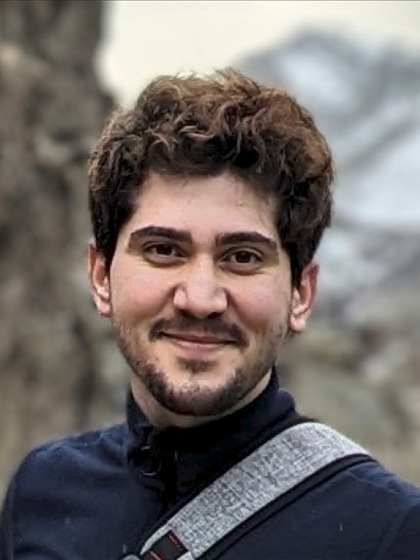
Contact
Functie
Ph.D. Student / Early-Stage Researcher
Cognitive Science & Neuroscience
Zie Engelse pagina voor details.
Zie Engelse pagina voor details.
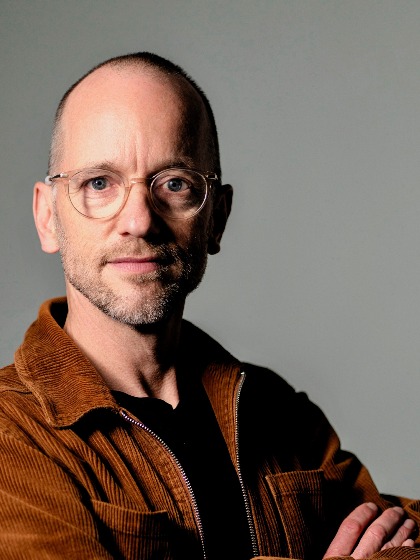
Contact
Functie
(Deep) Reinforcement Learning
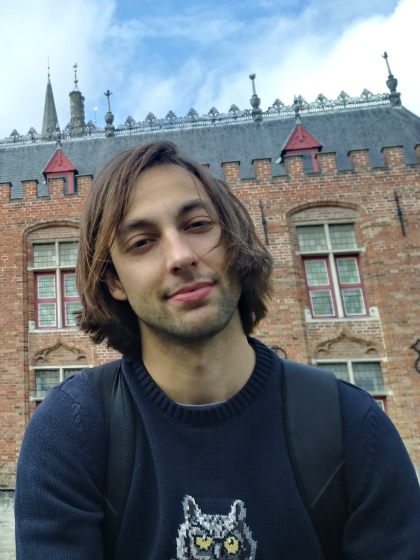
Contact
Functie
Assistant Professor
Vakgebied
Ali's research focuses on the privacy and security aspects of large language models (LLMs). His doctoral work is conducted as part of the LESSEN project, which aims to develop low-resource conversational assistants.
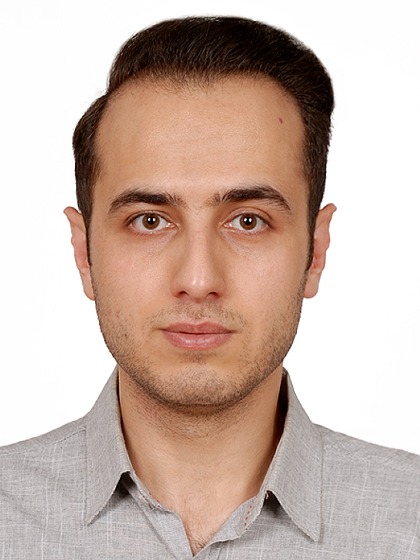
Contact
a.satvaty rug.nl
Functie
Beveiliging en privacy door machinaal leren
Brain-Computer Interfaces, Machine Learning, Neuroprosthetics
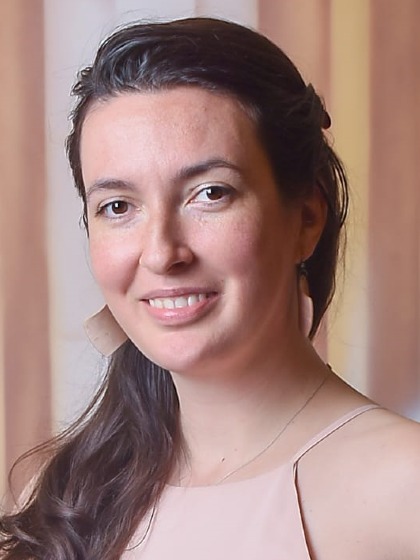
Contact
Functie
Assistant Professor in Human Centered Intelligence
Vakgebied

Psycho/Neurolinguistics, Clinical Linguistics
Acquired Language Disorders (aphasia), bi/multilingualism
Electroencephalogram (EEG) applications in linguistics, Language Modelling
Acquired Language Disorders (aphasia), bi/multilingualism
Electroencephalogram (EEG) applications in linguistics, Language Modelling
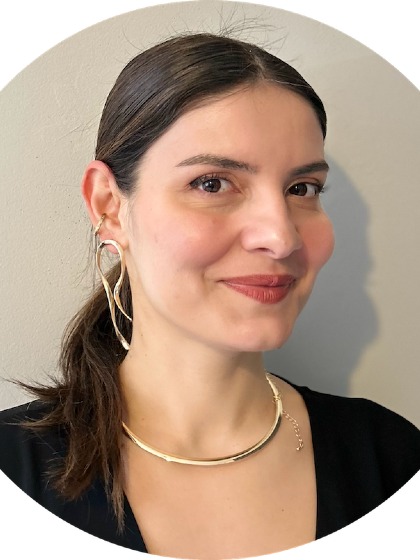
Contact
s.d.tokac rug.nl
Functie
Teacher at the AI Department

Contact
e.k.h.schelwald rug.nl
Functie
Robotica Lab Technicus
Cognitive Engineering
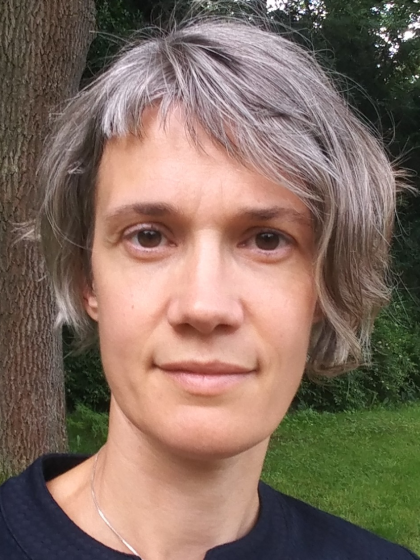
Contact
Functie
Docent, Coordinator externe relaties & Coordinator Master Onderzoeksprojecten (AI/CCS)
Vakgebied
Responsible AI, Explainable AI, Human-Centered AI, Human-AI Collaboration
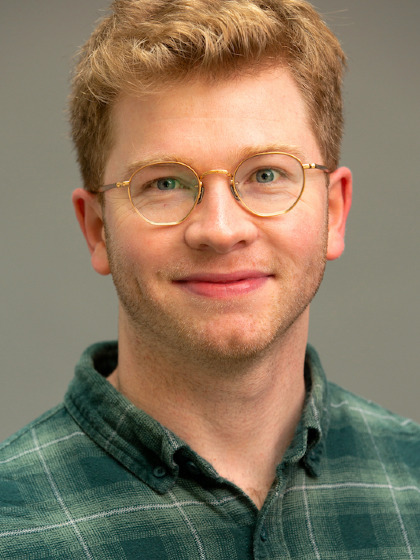
Contact
j.j.schoeffer rug.nl
Functie
Assistant Professor
Vakgebied
Kunstmatige Intelligentie, Patroonherkenning, Machineleren, Cybernetica
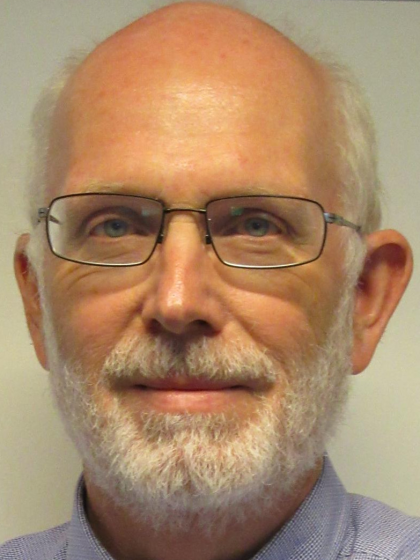
Contact
Functie
Hoogleraar
Vakgebied
Prof. dr. Lineke Sneller RC is hoogleraar Digitalization & AI in Accounting, Control, Governance, en Auditing aan de Rijksuniversiteit Groningen. In 1989 werd zij doctorandus in de econometrie, in 2004 registercontroller, en in 2010 promoveerde zij op een... lees meer
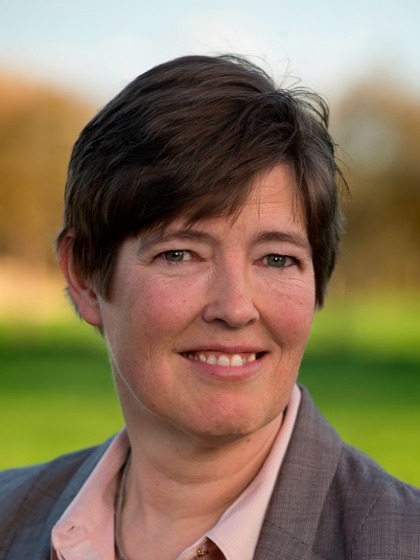
Contact
Functie
Professor of Digitalization & AI in Accounting, Control, Governance, and Auditing
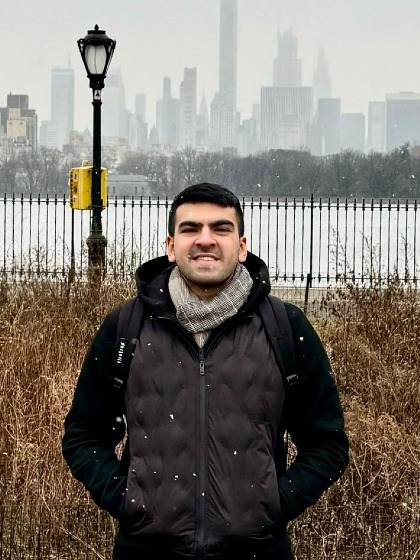
Contact
Functie
PhD Student
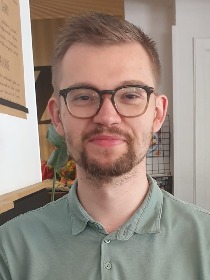
Contact
Functie
Hybrid Intelligence, Responsible AI, Explainable AI
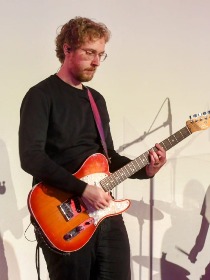
Contact
Functie
Postdoctoral researcher
Vakgebied
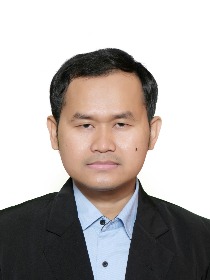
Contact
Functie
PhD student
Complex systems modelling for operations and agent-oriented scheduling, serious agent-based serious gaming for design in logistic systems and infrastructural projects, agent-oriented organizational simulation.
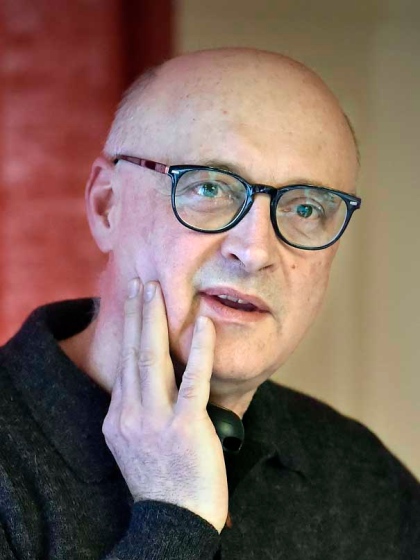
Contact
Functie
Universitair docent
Kunstmatige Intelligentie, Cognitive Modeling
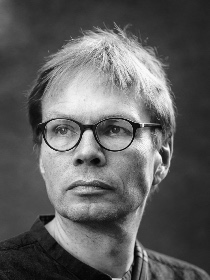
Contact
Functie
Hoogleraar, Onderzoeksdirecteur
Machine learning, Natural Language Processing (NLP), Educational text mining
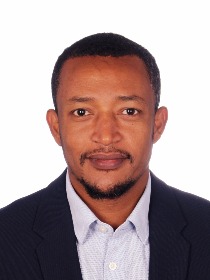

Contact
Functie
Vakgebied
elektroencephalographie , eye tracking , statistiek , experimenteel ontwerp , onderwijs
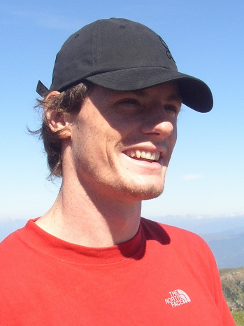
Contact
Functie
Onderzoek en onderwijs ondersteuning

Contact
Functie
Promovendus
Computer and Network Security, Privacy
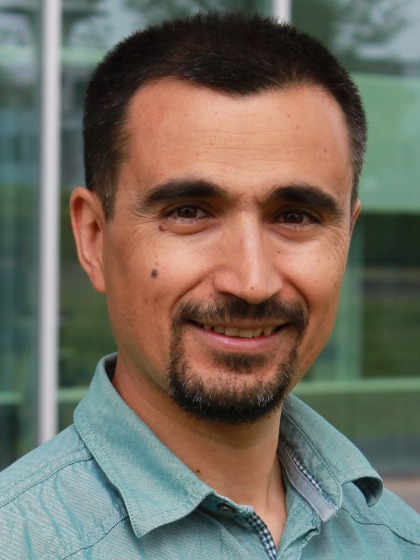
Contact
f.turkmen rug.nl
Functie
Associate Professor (Adjunct Hoogleraar)
Sustainable Fashion and Deceptive Language in Sustainability
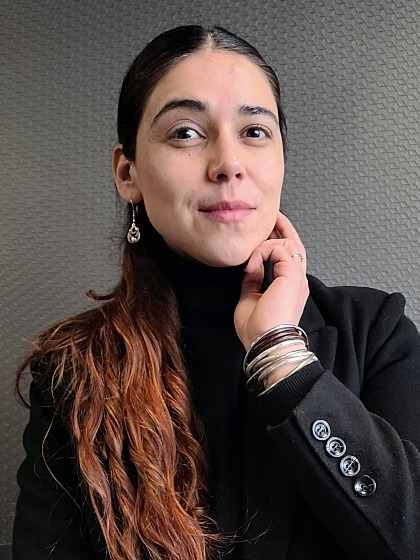
Contact
m.p.uribe.silva rug.nl
Functie
PhD Candidate
Machine/Deep Learning, Uncertainty Quantification, Computer/Robot Vision, Reinforcement Learning, Bayesian Deep Learning, Neural Networks.
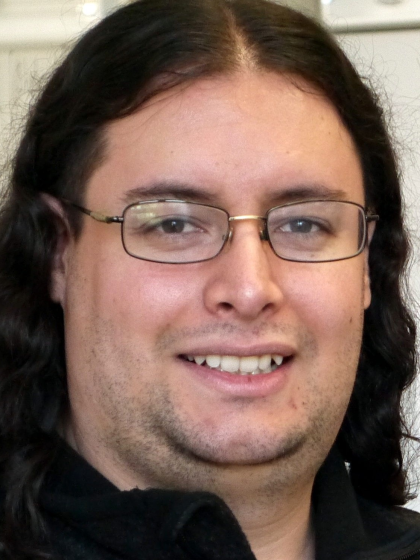
Contact
Functie
Assistant Professor for Machine Learning
Continual learning
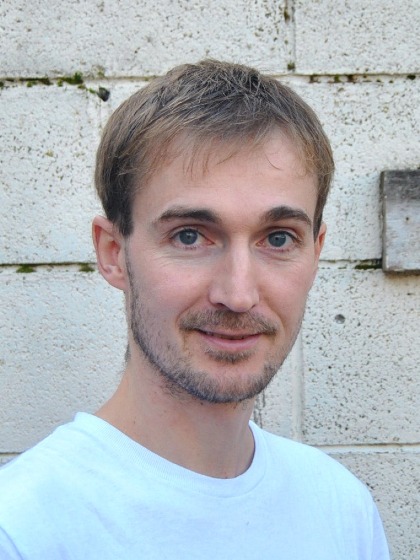
Contact
g.m.van.de.ven rug.nl
Functie
Universitair Docent
Kunstmatige Intelligentie, Logica en Cognitie; Multi-agentsystemen

Contact
Functie
Hoogleraar
Vakgebied
Artificial Intelligence, Computational argumentation, AI & Law
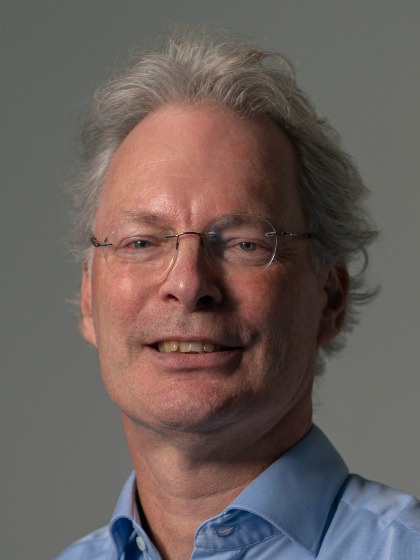
Contact
Functie
Professor of AI & argumentation
Vakgebied

Contact
Functie
PhD Employee
Social Robotics, Human-Robot Interaction, Developmental Robotics, Cognitive Science, Language Development
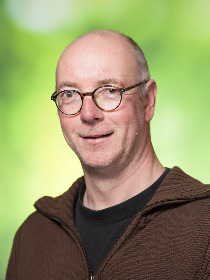
Contact
Functie
Universitair Hoofddocent
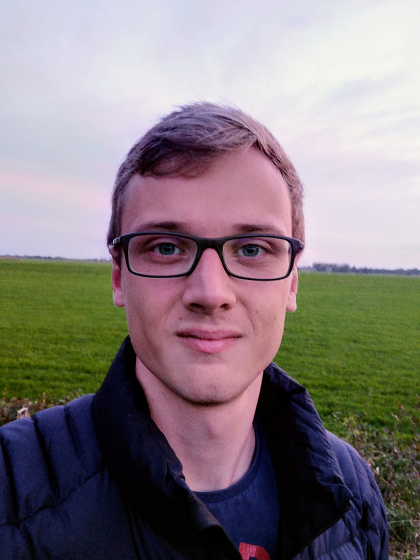
Contact
Functie
PhD-candidate
Kunstmatige Intelligentie, geheugen, beslissingswetenschap, EEG, cognitief modelleren, mindfulness, aandacht, sociale neurowetenschap, brain decoding
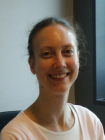
Contact
Functie
Universitair Hoofddocent Cognitive Modeling
Computer Vision; LiDAR-Vision Fusion; Traffic and Transportation Engineering
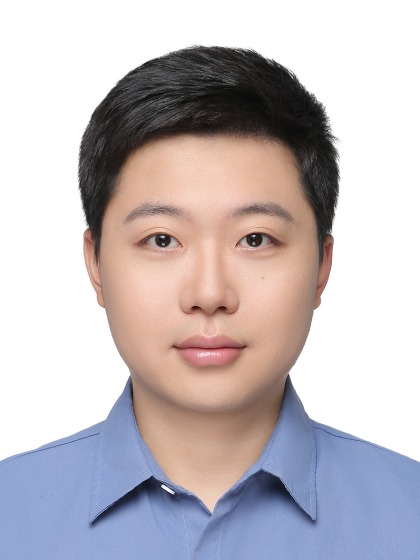
Contact
yueqing.wang rug.nl
Functie
Multi-agent systems
Agent-based modeling
Statistics
Agent-based modeling
Statistics
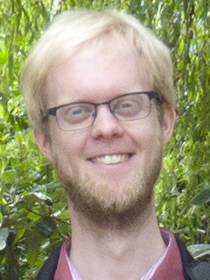
Contact
Functie
Assistant professor
Vakgebied
Data Science, Marketing Analytics, Econometrics, Marketing Model Building, Machine Learning, Artificial Intelligence,Time series analysis, State Space Modeling, Kalman Filtering, Diffusion modelling, Database Marketing, Privacy, Pharmaceutical marketing,... lees meer
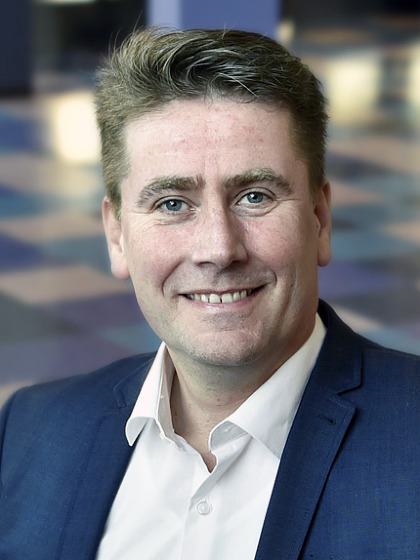
Contact
Functie
Hoogleraar Onderzoeksmethoden in de Bedrijfskunde
Current:
Digital image analysis and computer vision:
Segmentation - Mathematical morphology - Connected filters - Biomedical imaging and visualization - Remote sensing - Astronomical image analysis
In the past:
Simulation of living systems - The... read more
Digital image analysis and computer vision:
Segmentation - Mathematical morphology - Connected filters - Biomedical imaging and visualization - Remote sensing - Astronomical image analysis
In the past:
Simulation of living systems - The... read more
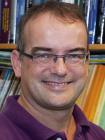
Contact
Functie
Universitair Hoofddocent
Model Predictive Control for Intelligent Transportation Systems
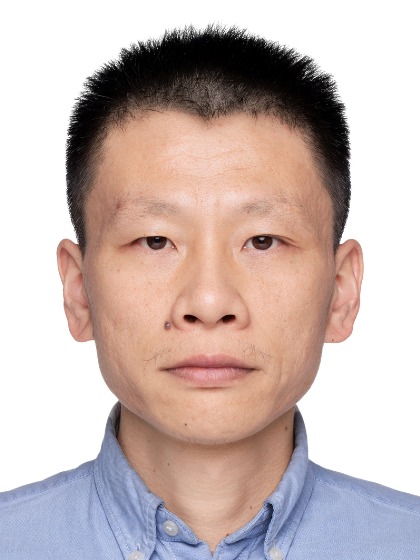
Contact
zhao.zhou rug.nl
Functie
Associate Professor
Natural Language Processing, Machine Learning

Contact
y.ziser rug.nl
Functie
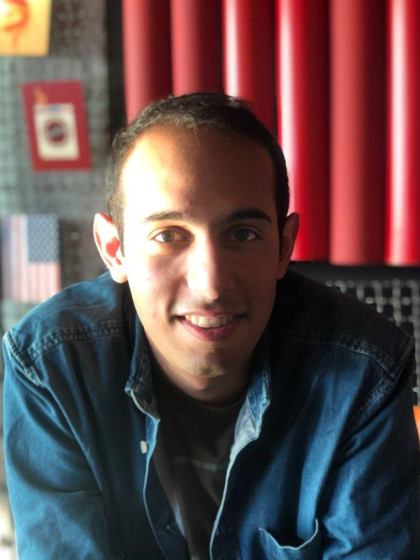
Contact
a.zolanvari rug.nl
Functie
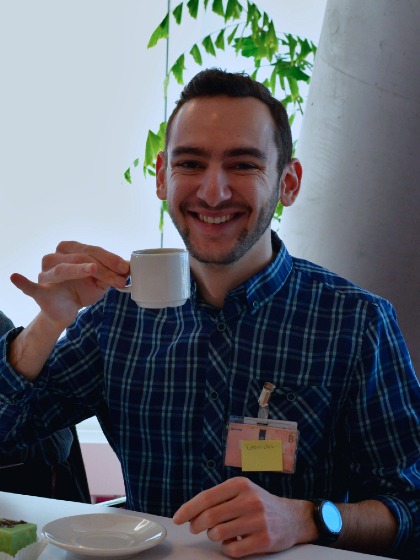
Contact
l.zotos rug.nl
Functie
PhD Student in Computational Linguistics

Contact
l.r.zwerwer rug.nl
Functie
Postdoc
View this page in: English
